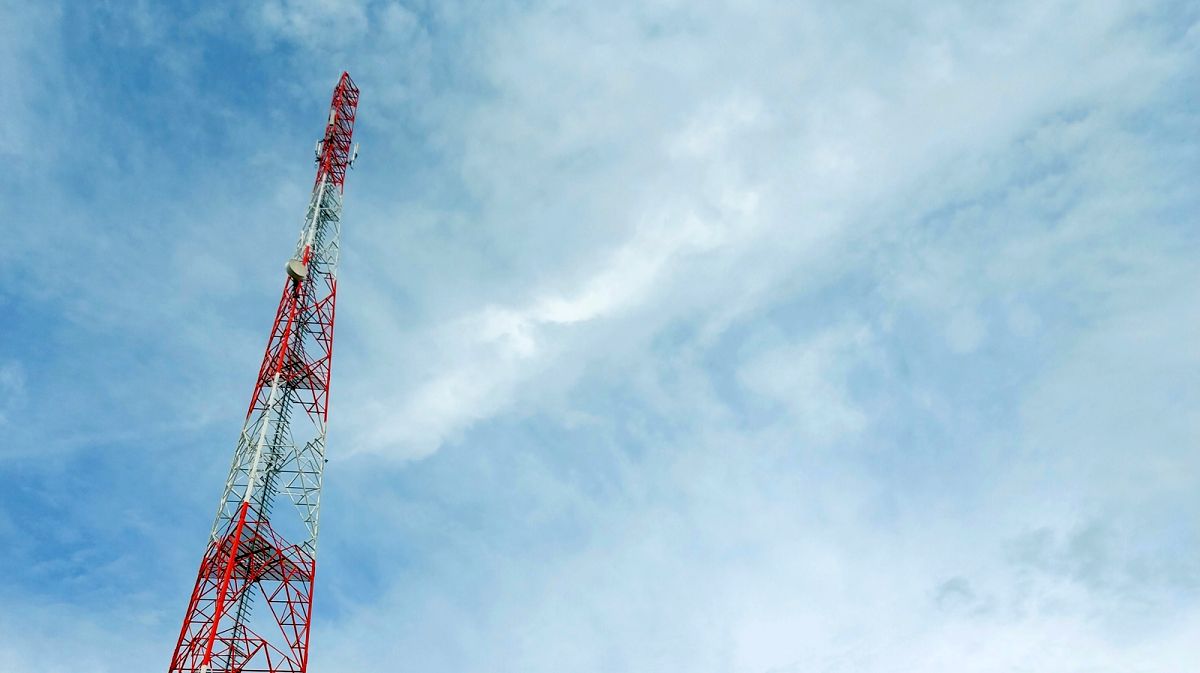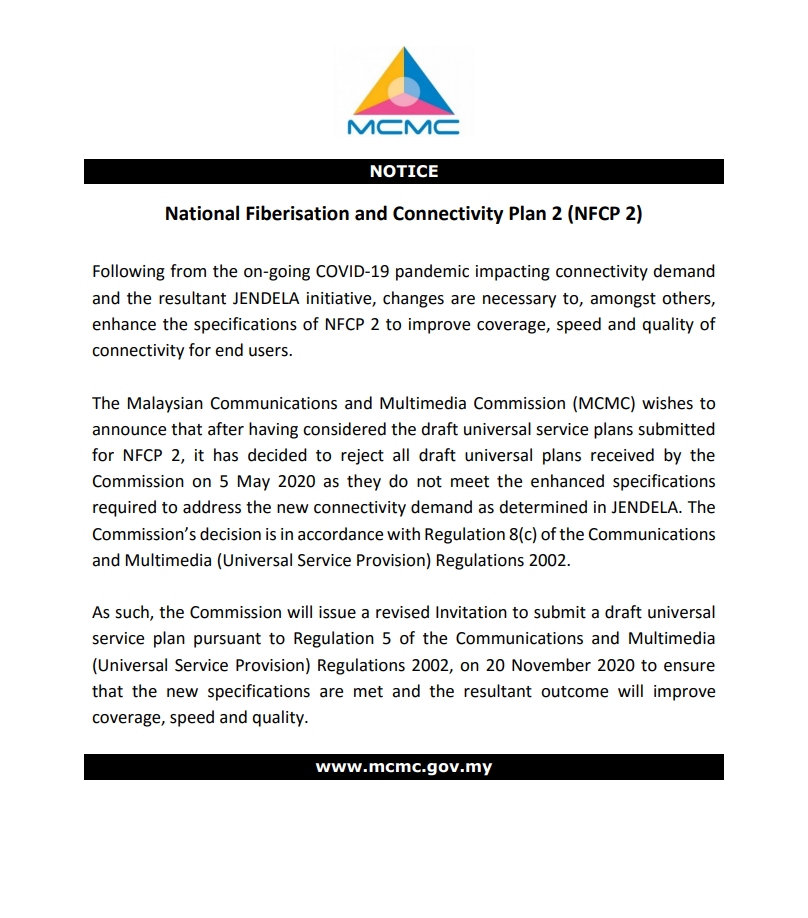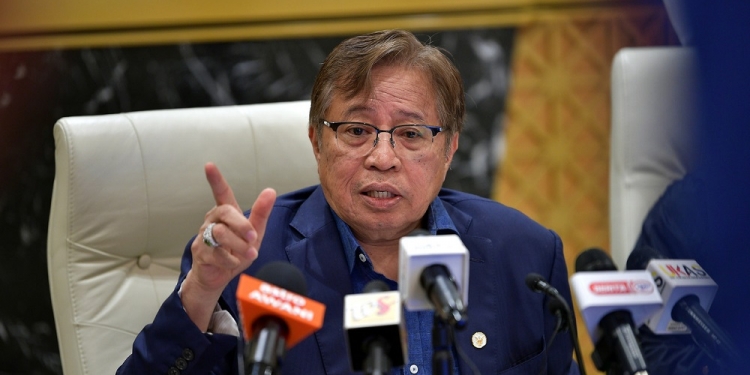Sarawak Chief Minister, Datuk Patinggi Abang Johari Tun Openg, has revealed plans by the state government to establish its own telecommunications company. He said that the decision was made by the state cabinet last week as existing telcos are reluctant to expand its internet services into rural areas of Sarawak which are deemed as not profitable.
During an interview with state-owned TV Sarawak, Abang Johari said the solution is for the state to have its own telco and they will subsidise the service to keep the cost low for users. The new state-owned telco is expected to be established within the next two years.
The largest state in Malaysia currently has its own initiative to improve coverage in rural areas. The Sarawak Multimedia Authority (SMA) has been allocated RM795 million to build 300 telecommunications towers in the state under the Sarawak Digital Economy Strategy 2018-2022.

Last month, SMA had announced the first tower in Malaysia that uses a Multi-Operator Core Network (MOCN) implementation which allows Celcom, Maxis, Digi and U Mobile to share infrastructure in a cost effective manner. The tower erected at Luban Ulu in Betong provides 3G and 4G network coverage with a 3km radius to address weak and intermittent coverage issues faced by the local community.
According to The Edge Markets, a total of 1,246 new towers have been planned throughout the state by 2023 through the combined efforts of the MCMC and SMA. In addition, Abang Johari has shared that a RM150 million project to increase WiFi access by zones in the state has been approved.
On the national level, the federal government has announced the JENDELA plan which aims to improve 4G population coverage from 91.8% to 96.9% while postponing 5G rollout by two years. After the change of administration, the NFCP Phase 1 project which covers 152 sites in 8 states is still ongoing with priority given to Sabah.

However, NFCP Phase 2 (NFCP 2) has been scrapped as the MCMC rejected all plans received on 5th May 2020. NFCP 2 was originally planned to improve coverage at 500 locations covering 210 mukims in 10 states.
According to the official statement, the NFCP 2 draft universal plans submitted do not meet the enhanced specifications required to meet new connectivity demands under JENDELA. Under JENDELA Phase 1, the number of sites will be tripled with higher speeds. The new tender will be closed on 31st March 2021 and this could delay coverage improvement plans for the 500 locations identified under NFCP 2 by at least a year.
Both NFCP 1 and NFCP 2 are funded via the Universal Service Provision (USP) fund which is jointly contributed by all telcos. The fund is used to improve connectivity and this includes community WiFi, internet centres and upgrading of existing telecommunication towers.
[ SOURCE 2, IMAGE SOURCE ]








